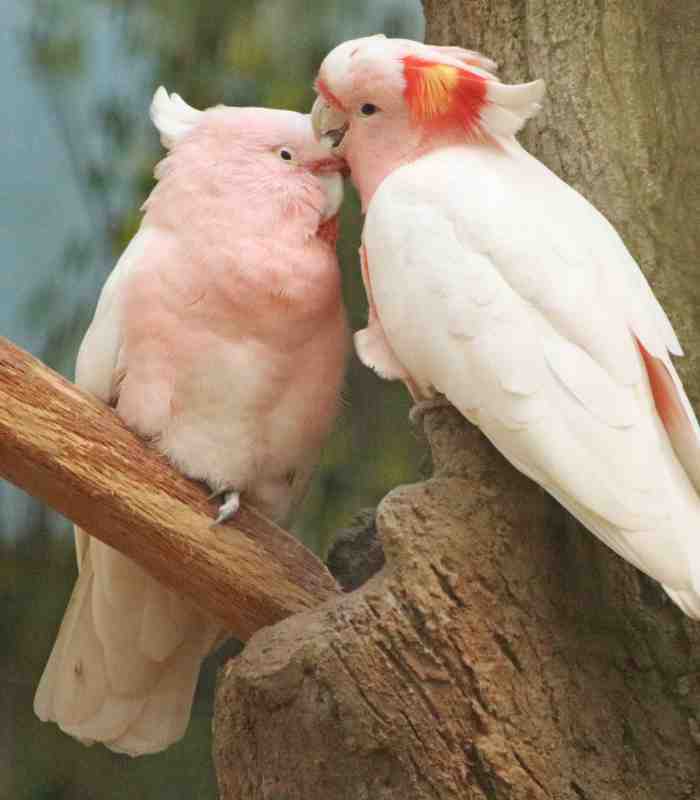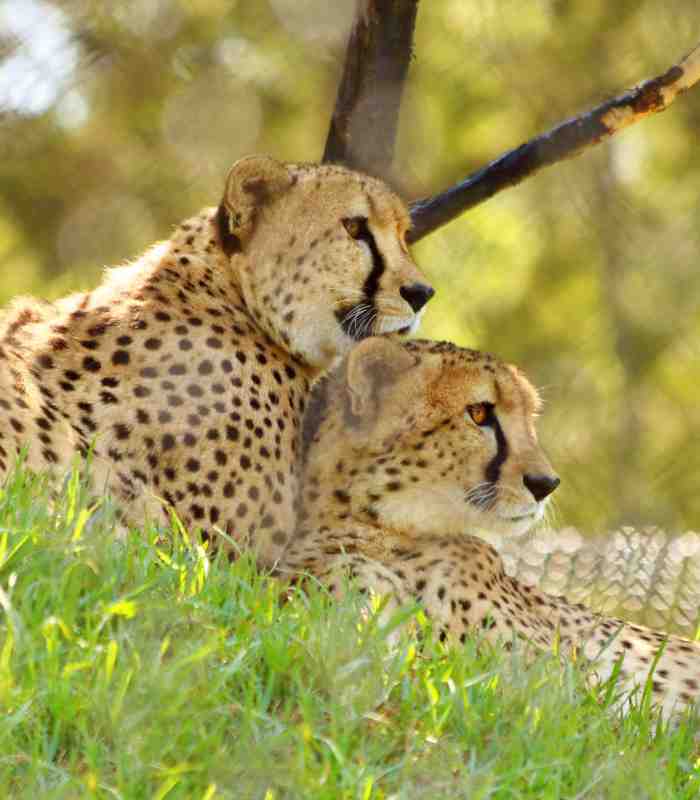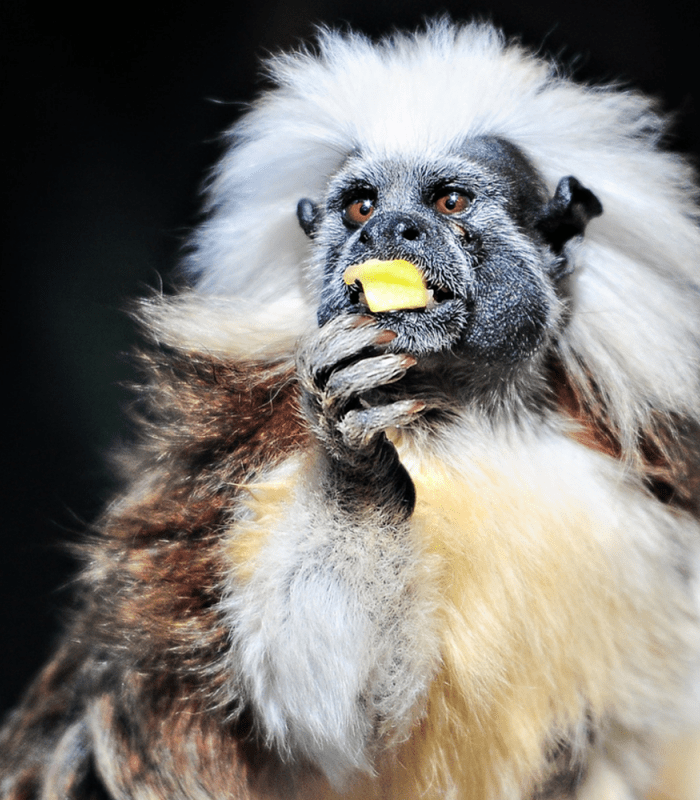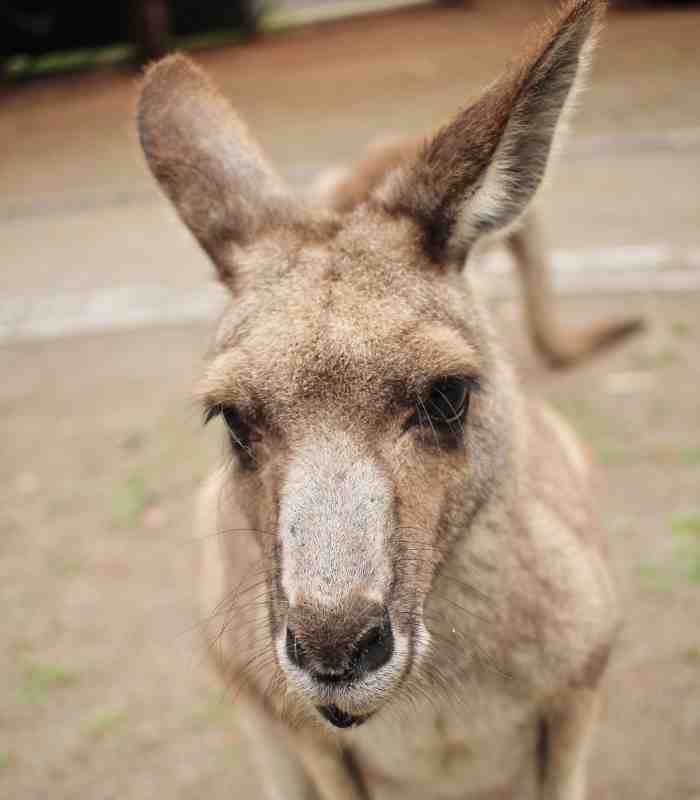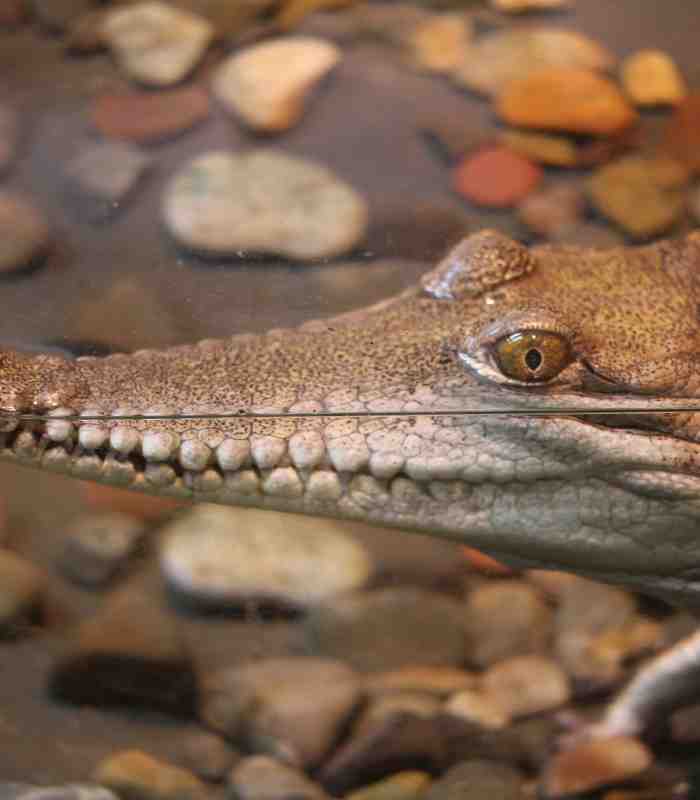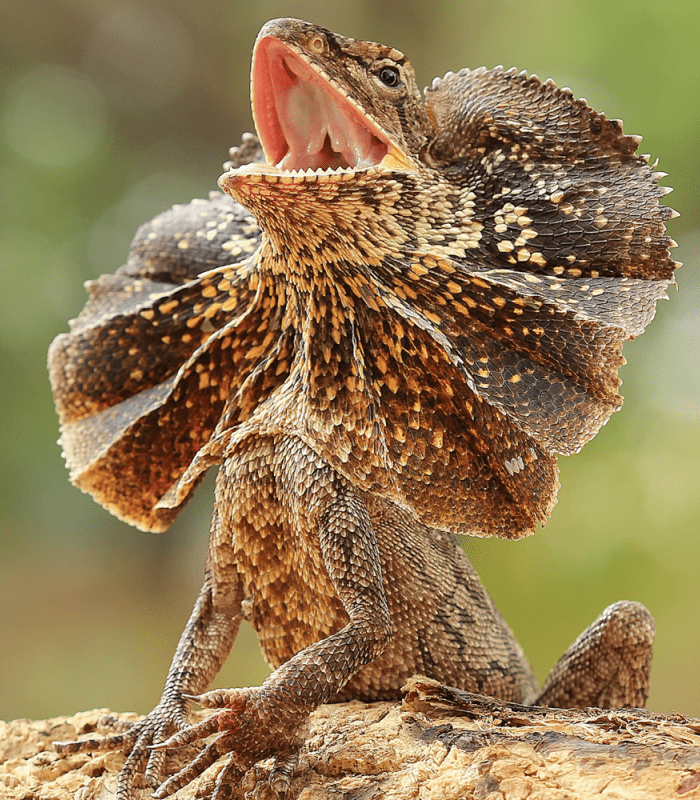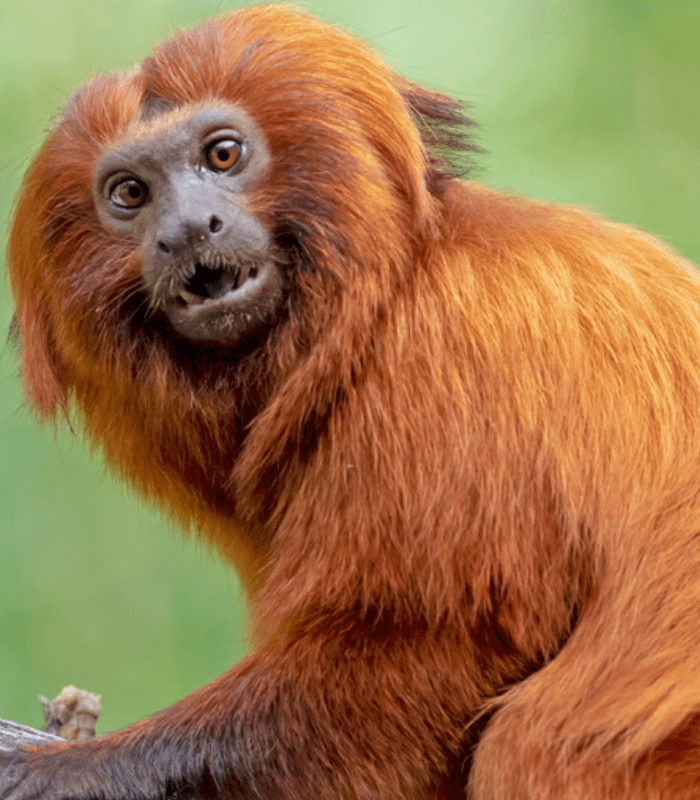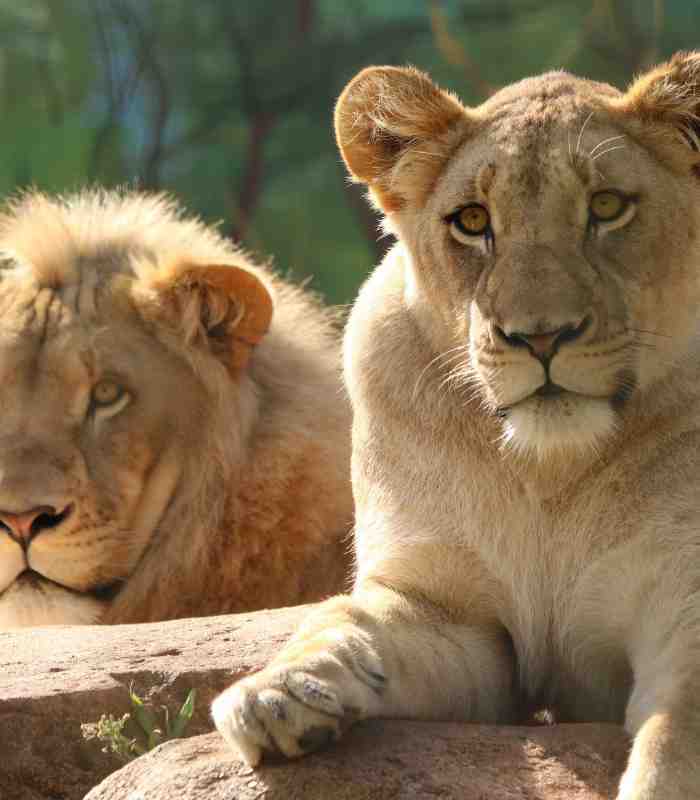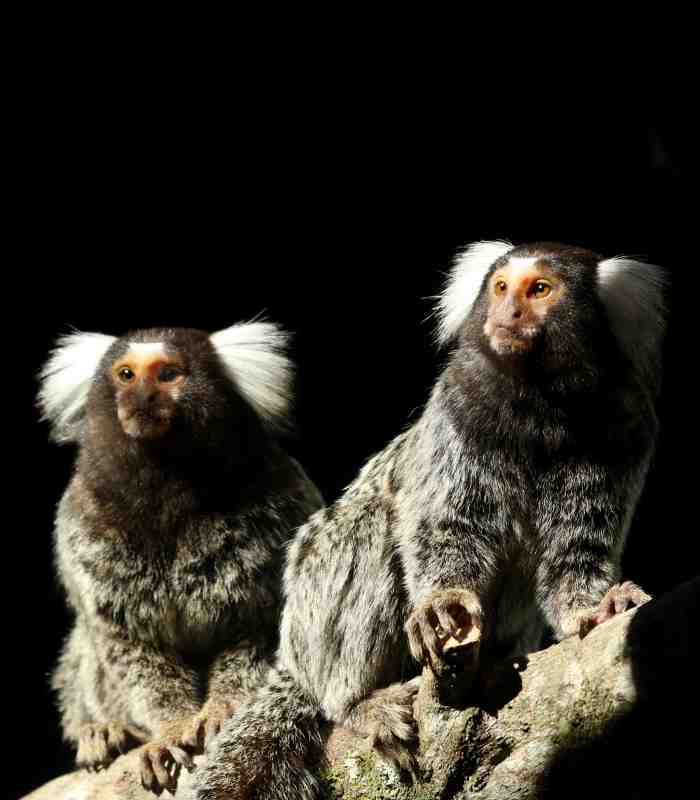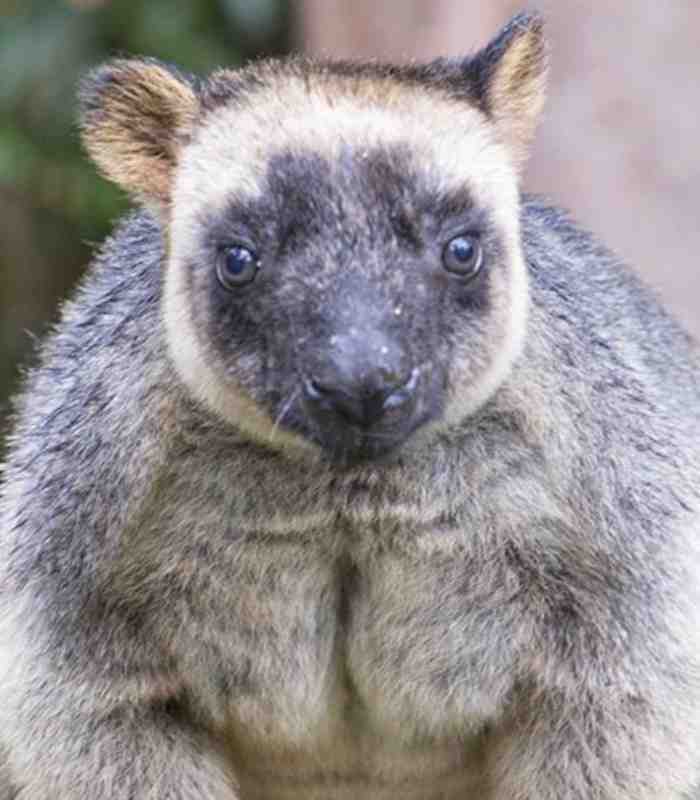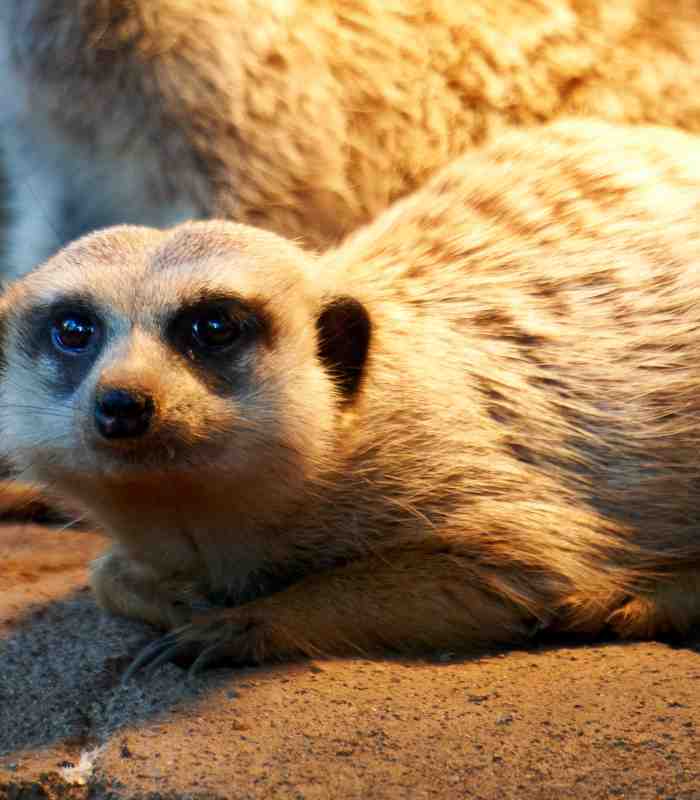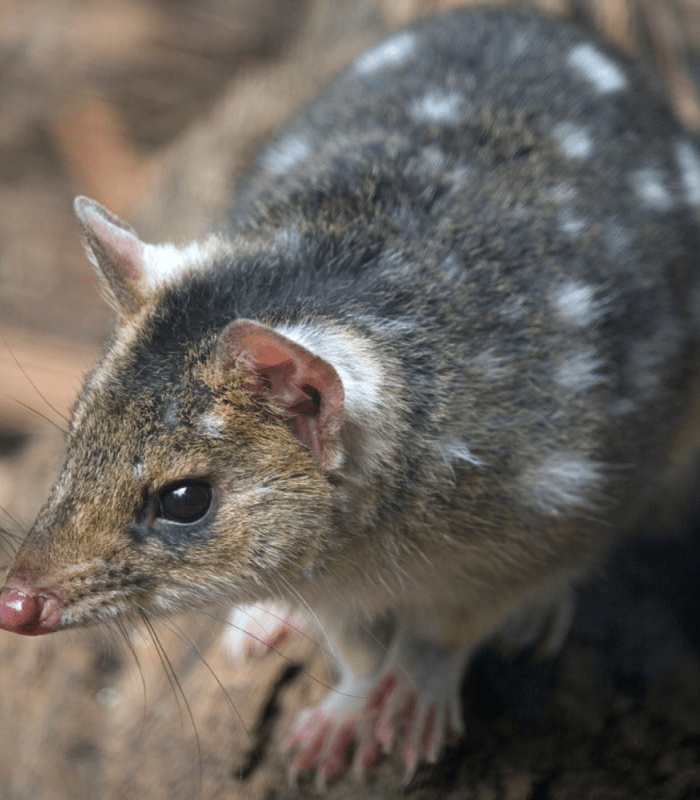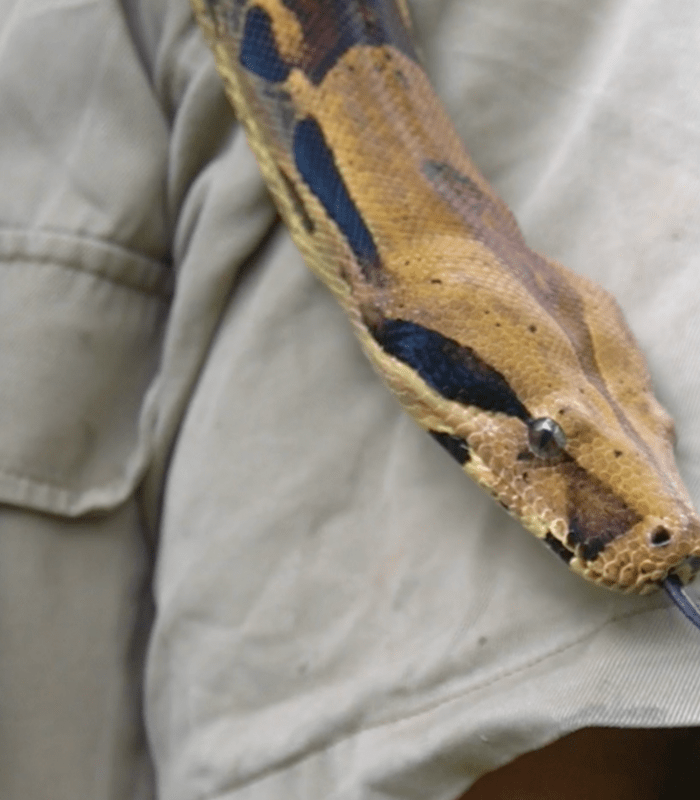Ever wonder what it’s like to be a Zoo Keeper? Well, here’s a description of a typical day in the life of Blake Stone, one of our senior Zoo Keepers at Billabong Zoo.
With an 8 O’Clock start, every exhibit is checked to make sure the animals are okay with some of them being fed breakfast.
Personal animal encounters start at 9.15 with the public, with more encounters following throughout the day. Check out our available encounters.
General presentations start at 10am with 16 to 17 to do every day. Check out our presentations and times.
Blake could potentially undertake a number of these every day with the rest of the presentations being split amongst the rest of the team.
During the day, there’s a lot of food preparation that needs to be done for the animals, cleaning of grounds, enclosures and general maintenance.
The small amount of nocturnal animals the zoo hosts are fed by about 2.30pm/3pm such as our possums, quolls and wombats.
Amidst interacting with Billabong Zoo’s customers and taking care of the animals, Blake gets morning tea between 10am and 10.30am, with lunch at 1 for half an hour, finishing at 5pm, all being well.
We asked Blake to tell us more...
What’s your favourite job?
It’s actually mostly presenting to and interacting with our customers, of course with the assistance of our amazing animals. I really enjoy the challenge of delivering our prescribed message to the unknown cohort of customers that might visit Billabong each day. The various presentations provide opportunities with small or larger groups of people meaning that some are more formal than others and some can involve interesting questions and conversations.
I’m particularly passionate about educating people on conservation, and during our presentations is where this is achieved. The objective is to give people important take-home messages and to make their experience and what they learn about, memorable. It’s important to try and find the balance between being too passionate or abrupt, and being friendly. Winning over the audience to give them a good understanding of what conservation is about in an informative and somewhat entertaining manner is kind of the goal I think.
Tell us a little about Conservation?
I think educating Australians in regards to simply living with the fantastic endemic fauna that calls Australia home and how to go about it, is a core component of any Australian zoo. A lot of peoples’ dislike for some of our native animals is routed in an innate fear of them to begin with. So if we can educate them about what to do (and not do) when they encounter native animals in day to day life. And what the day to day life of that animal would entail. It could change their whole perspective about why they’ve taken a dislike to them to begin with.
Australians are inherently interested in the exotics. Unlike our native fauna, they certainly do not get to see cheetahs, red pandas and meerkats every day in their backyards. Much of what we do with the exotic species we host at Billabong is in conjunction with conservation organisations such as “cheetah outreach”. Our presentations are formatted in such a way that will hopefully encourage our patrons to get involved with some of the programs that the conservation organisations we promote have in place.
What’s the worst job?
Zoo keeping is, in many facilities, inherently repetitious. So it’s really important from an animal husbandry perspective, not to fall into just a routine – you need to pay attention to the animals. You need to be equally observant every single day making sure the animals are fit and healthy looking every single day, looking out for their needs and caring for them. And making note of any and all abnormalities.
What’s your passion?
Well, high up on my list of animals I like to work with are the Red Panda, but it’s easy to make people care about them because they are so cute and cuddly looking. Ironically enough, during our presentations, I find myself talking most passionately about our reptiles. A Red Panda can win someone over in a glance. But Snakes, and lizards for that matter, do not have that luxury, and are very misunderstood. Reptiles are not something I profess to know anywhere near as much about as the vast majority of our keeping team. But there is no one day, where there is any one crowd, that doesn’t have a few people that need their minds changed about Reptiles.
Why did you choose to become a zoo keeper?
Well the honest answer would be, that my parents owned the zoo and it’s what I grew up with, it was the most developed skill I had by the time I was ready to leave school and decide upon a career. I was in the very fortunate position to acquire many of the skills for zoo keeping at an early age. So it seemed like the obvious choice for me. Native and Exotic animals were always of interest to me, and it definitely has been a passion that has developed as time has gone on. I also obtained my Captive Animals Cert IV and Training and Assessment Certificate IV which provided me with professional qualifications I needed to work in the Zoo and teach at TAFE shortly after leaving high school.
How would you sum up your job?
Exciting and challenging. It’s a job you do because you are passionate about it but it’s not for everyone because of the diversity. For example, you may be in front of an audience at 9am delivering a presentation, then cutting up fish at 10am, raking pathways, cleaning gardens and you could be finishing the day off with some training and conditioning of say, a spider monkey. So it’s not just all the fun stuff, we are a smaller zoo in the scheme of things. And our keeping staff do a great job of looking after not just the animals, but the grounds and all amenities as well.
How do zoo keepers usually get into zoo keeping?
It is a very difficult industry to break into for most. This is a direct reflection of the very few amount of zoos that are out there, certainly in comparison to most other occupations. Zoo keepers in most cases have to start with volunteering their time and studying their TAFE courses. Animal Studies certificate II, and Captive animals certificate III is the qualification that is zoo keeping specific and what most zoo keepers have to study to gain employment. But with so few jobs out there they really have to stand out from the pack, and leave a good impression with any of the zoos that are happy to host them during their studies and training.
So now you have the low down on what it’s like to be a Zoo Keeper at Billabong Zoo, Koala and Wildlife Park.
Or you could just get yourself a Yearly Pass and let us take care of the animals whilst you enjoy the end result! Don’t forget to spread the word about Conservation and the importance of looking after our planet along with the animals that live here with us.


